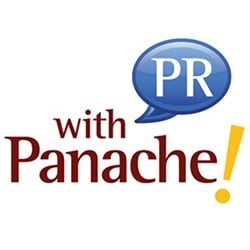This is Part Three of a five-part series about how to support and accommodate middle-schoolers, high-schoolers, and adults with dyslexia. You can read Part One here and Part Two here.
The ACT test determines a student’s college placement and funding opportunities. Because it is a reading test, students with language-based learning difficulties need extra preparation and accommodations to do well. It may be uncomfortable to be the one who finally points out that an older student is struggling with reading, but it has to be done. As educators, we can’t allow students to take important tests that decide their futures without preparing them.
The best preparation is having a game plan for how to take the ACT. I would recommend that schools start a conversation about the ACT in the student’s freshman year. The plan should include a timeline, test practice, and a look at appropriate accommodations. The ACT website offers an extensive list of accommodations, the most common of which is extra time.
Students can take the ACT up to 12 times, so if they’re not satisfied with their first (or 11th!) score, they can reevaluate what worked and didn’t work in order to improve the game plan for the next attempt. Here are a few ways that administrators, teachers, and parents can help students with dyslexia prepare for the ACT test.
How Administrators Can Help
Students with a language-based learning difficulty often have test anxiety, so for them, a preparation course can be enormously helpful. It’s not typical to find ACT preparation courses designed specifically for students with reading challenges, but universities, community colleges, and most high schools offer ACT preparation courses outside of regular classes.
School counselors are excellent resources about the quality and appropriateness of these courses. I would also highly recommend finding online reviews about ACT preparation courses and consulting sites such as Green Test Prep, which has a page dedicated to learning disabilities and extra time. Most state offices of education are involved in the ACT test, so they can also be a valuable source of information, as well.
To read the entire article, click here.


